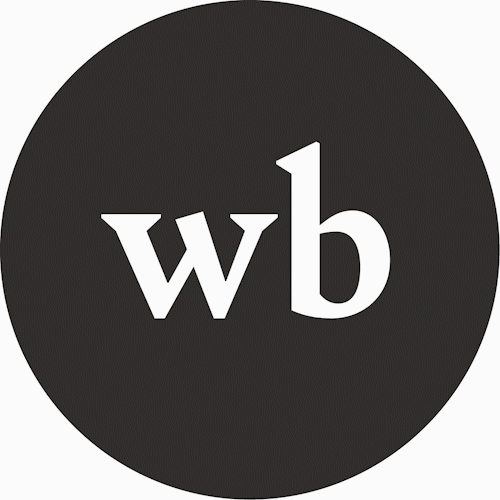[Etude] Les facteurs clefs d'une organisation marketing efficace
I. Big data, deep insights.
“High performers in our study are distinguished by their ability to integrate data on what consumers are doing with knowledge of why they’re doing it, which yields new insights into consumers’ needs and how to best meet them”
II. Purposeful positioning.
Top brands excel at delivering all 3 manifestations of brand purpose:
1. functional benefits, or the job the customer buys the brand to do (think of the pick-me-up Starbucks coffee provides);
2. emotional benefits, or how it satisfies a customer’s emotional needs (drinking coffee is a social occasion);
3. societal benefits, such as sustainability (when coffee is sourced through fair trade).
In addition to engaging customers and inspiring employees, a powerful and clear brand purpose improves alignment throughout the organization and ensures consistent messaging across touchpoints.
In addition to engaging customers and inspiring employees, a powerful and clear brand purpose improves alignment throughout the organization and ensures consistent messaging across touchpoints.
III. Total experience.
Companies are increasingly enhancing the value of their products by creating customer experience. High-performing brands provide “total experience.” with:
(1) personalize offerings.
(2) adding touchpoints.
IV. Organizing for Growth
Our research has identified five drivers of organizational effectiveness:
(1) connect marketing to the business strategy and to the rest of the organization;
(2) inspire their organizations by engaging all levels with the brand purpose (create irresistible messages and programs that get everyone on board),
(3) focus their people on a few key priorities,
(4) organize agile, cross-functional teams (categorize marketing roles belongs to 1 of these 3 types: “think” marketers (analytic capabilities to tasks like data mining, media-mix modeling, and ROI optimization); “do” marketers (develop content and design and lead production); and “feel” marketers (consumer interaction and engagement in roles from customer service to social media and online communities))
(5) and build the internal capabilities needed for success (Coca-Cola, Unilever, and Shiseido have set up dedicated marketing academies ; companies including Unilever and Diageo have taken their senior leaders to Facebook for training ; Google, MSN, and AOL develop similar programs, including “reverse mentoring” which pairs very senior managers with younger staffers.)
